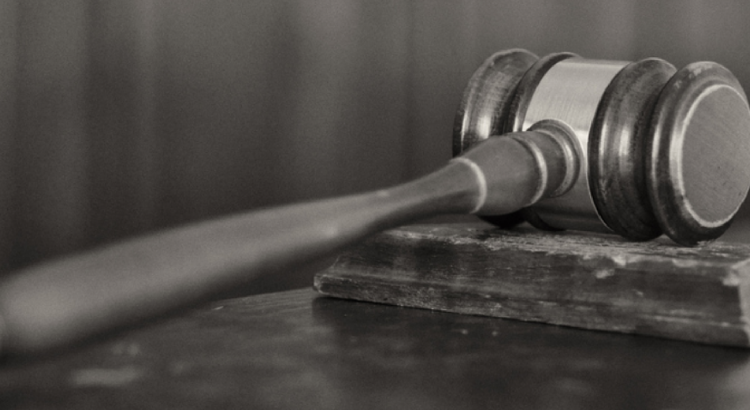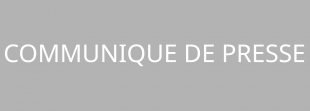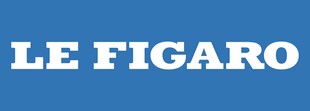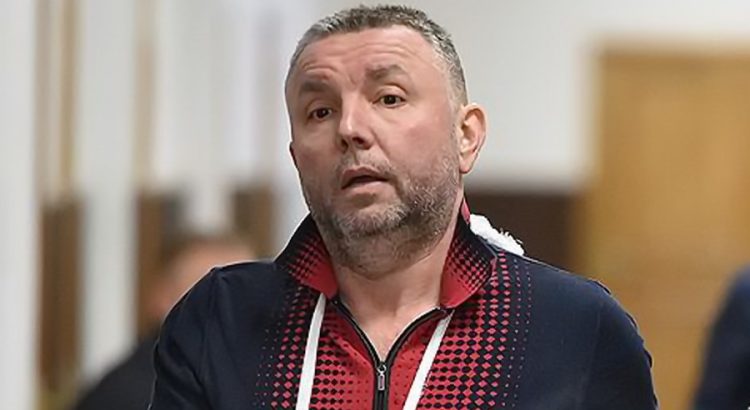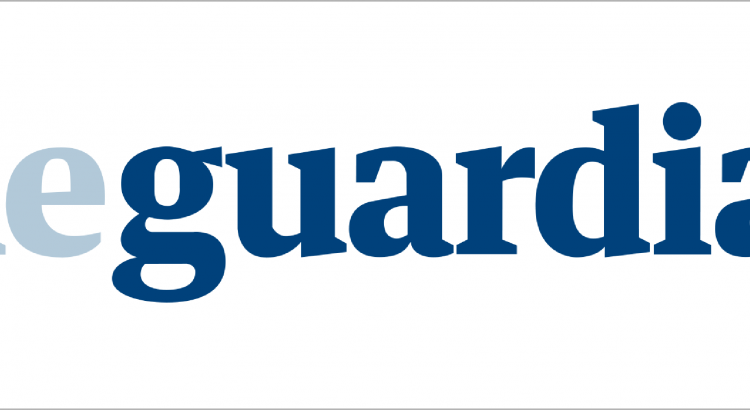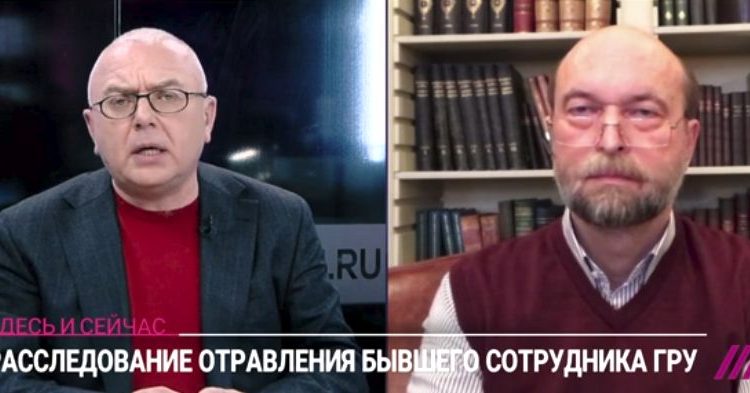ENQUÊTE – Le milliardaire russe fut le patron de chantiers navals, de mines et d’Hédiard. Tombé en disgrâce, poursuivi par la justice russe mais aussi britannique, il s’estime exproprié. Rencontre avec un ex-conseiller du «tsar» qui réclame réparation, devant un tribunal, à Paris.
Longtemps il fut surnommé le «banquier de Poutine». Aujourd’hui, le banquier se retourne vers son «client». Et ne lui réclame rien de moins que 12 milliards de dollars. Une somme colossale exigée de la Fédération de Russie, donc à Vladimir Poutine, puisque selon le quémandeur, «l’État, c’est Poutine». L’homme qui ose ainsi défier le tout-puissant président russe est Sergueï Pougatchev, oligarque déchu, qui a obtenu la nationalité française de longue date. C’est à ce titre que la prochaine manche du bras de fer qu’il a entamé pour récupérer la valeur des biens, dont il estime avoir été exproprié, se joue ce mardi 12 novembre, à Paris.
Dans la galerie encombrée des oligarques russes, se bousculent ceux qui restent en cour, les disgraciés et les plus ou moins mystérieusement disparus. Sergueï Viktorovitch Pougatchev, c’est celui qui fut propriétaire de l’épicerie de luxe Hédiard et – via son fils Alexandre – du quotidien France Soir. Ce mardi et les trois jours suivants, il assistera donc à une audience du tribunal arbitral international de La Haye. Quatre jours de confrontations organisés non pas aux Pays-Bas mais à Paris. «Pour garantir la sécurité d’un citoyen français», affirme Sergueï Pougatchev.
L’ex-banquier, atterri de Nice où il réside, a donné rendez-vous au Figaro dans le salon cosy d’un hôtel de luxe parisien. La silhouette est haute, la tenue décontractée, veste de cuir, pull sombre, jeans. Il porte la barbe et la moustache plus rases que dans les années 2000 où son visage évoquait immanquablement le tsar Nicolas II. Il arrive suivi de son garde du corps, oreillette apparente, qui s’assoit à quelques mètres. «J’ai reçu des menaces de mort», depuis des années, justifie Sergueï Pougatchev.
En 2015, à Londres où il réside alors avec Alexandra Tolstoï, la mère de ses trois plus jeunes enfants, des boîtiers sont découverts sous sa voiture. Explosifs, comme il le pense, ou balises de localisation? Scotland Yard puis la justice française sont saisis. Pougatchev attend toujours le résultat de l’enquête. «Mes avocats, ici, ont découvert qu’ils étaient suivis, pour moi, ce n’est pas une nouveauté», dit-il sur un ton presque badin.
Intimidations appuyées? Volonté réelle de le supprimer? Pour qui contrarie le Kremlin, toutes les hypothèses sont permises. Comment l’ancien propriétaire d’Hédiard s’est-il retrouvé dans cette situation peu confortable? Il raconte, d’un débit rapide. Sergueï Viktorovitch, 56 ans et déjà plusieurs vies, comprend le français, parle anglais, mais pour plaider sa cause avec volubilité, préfère la langue de Pouchkine. «J’étais proche du patriarche Alexis», chef de l’Église orthodoxe russe de 1990 à son décès en 2008, «qui connaissait mon père», commence-t-il. «C’est grâce à Alexis que je suis devenu conseiller de Boris Eltsine.» Pas encore trentenaire, Pougatchev a fondé «la première banque privée» sur les décombres de l’URSS, l’IIB alias Mejprombank. Le financier réfute avoir été le banquier du patriarcat, et encore plus d’avoir blanchi son argent, «une histoire, fausse», selon lui, qui a prospéré.
Parvenu dans «la Famille», le premier cercle du président Eltsine, il habite une datcha, l’une de ces vastes villas construites en banlieue de Moscou pour la nomenklatura soviétique. À Gorki, le voisin du jeune banquier conseiller du prince est le nouveau patron du FSB, un certain Vladimir Poutine. Les deux hommes se fréquentent. Pour qui douterait de sa proximité avec «Volodia», Pougatchev a affiché sur son site internet des photos d’une fête d’anniversaire et d’une partie de billard sur la table de la datcha de Brejnev. On y voit ses deux aînés, nés de son mariage avec Galina, alors adolescents, en compagnie de Macha et Katia, les deux filles Poutine – sujet quasiment tabou en Russie.
Il a beau être de dix ans le cadet de Vladimir Poutine, Sergueï Pougatchev revendique le rôle de faiseur de roi. Il assure avoir glissé au clan Eltsine le nom du patron du FSB comme premier ministre et successeur du président chancelant. Il le dépeint, au rebours des clichés, en personnage plutôt faible, «qui ne sait pas dire non», et donnerait raison au clan le plus fort du moment. Une description contradictoire avec le fait qu’«aujourd’hui, tous les hiérarques, les gouverneurs, les ex-du KGB ont été nommés par Poutine ; moi, je ne lui devais rien».
Les souvenirs se bousculent dans la bouche de l’homme d’affaires, au point qu’on peine à retracer la chronologie de tel ou tel tête-à-tête avec Poutine. Il situe l’un de ces échanges décisifs en 2009, dans la datcha présidentielle de Novo-Ogariovo, «jusqu’à 3 heures du matin». «Il ne se rendait pas compte que la situation du pays avait changé, il me répondait que le peuple a besoin d’un tsar.» Ce jour-là, l’oligarque signifie au tsar qu’il veut quitter le pays pour s’installer en France où il possède, entre autres, Hédiard depuis 2007. En Russie, il estime que son empire financier et industriel pèse 15 milliards de dollars et 300.000 employés. «Je comprends que Poutine ne veut pas que mes actifs tombent en de mauvaises mains.» Selon lui, de nombreux documents analysés par ses bataillons d’avocats russes, britanniques, américains et français attestent qu’à ce moment, l’État est disposé à lui racheter ses affaires. «Le morceau de choix, ce sont mes chantiers navals de Saint-Pétersbourg, avec leur carnet de commandes de 60 milliards de dollars.» Ceux-là mêmes qui devaient construire les navires militaires Mistral achetés à la France, avant que François Hollande n’annule le contrat pour sanctionner l’annexion de la Crimée. À partir de là, raconte Pougatchev, l’entourage de Poutine, «la meute», veut rafler ses biens.
Les ennuis s’enchaînent. La Mejprombank fait faillite. La justice russe estime que Pougatchev en est comptable et doit restituer environ un milliard de dollars. «Cela faisait neuf ans que je n’avais plus rien à voir avec la banque», jure l’oligarque, pointant «une histoire montée de toutes pièces». Sauf que la banque qu’il a fondée, dont la licence est retirée en 2010, finançait ses autres entreprises, comme il le détaille dans un courrier de 2014 à Vladimir Poutine. À la télé, Poutine le menace, lui enjoint de «rendre tout ce qu’il a pris», raconte l’ex-conseiller du prince. «Cette émission a été un choc pour moi, le début de l’expropriation agressive.» Outre les chantiers navals, seront gelés ses actifs dans la plus grande mine de coke du monde, qu’il avait développée en Sibérie. Pougatchev est aussi écarté d’un prestigieux projet immobilier sur la place Rouge où devait œuvrer Jean-Michel Wilmotte. La faillite d’Hédiard? Le Kremlin aussi, selon lui, qui l’a privé de liquidités.
Moscou est parvenu à faire geler ses avoirs par la justice britannique. Pour ne pas avoir exécuté les sentences des tribunaux de Londres et avoir quitté le Royaume-Uni, Sergueï Pougatchev a été condamné pour outrage à la justice et encourt jusqu’à deux ans de prison outre-Manche.
La justice française, dans une décision de février 2019 du tribunal de grande instance de Nice, a en revanche empêché la saisie de ses biens en France, par le liquidateur public de la Mejprombank, la DIA. C’est ainsi que l’homme d’affaires garde la jouissance de son château de Gairaut, une demeure construite en 1904 sur les hauteurs de Nice avec vue imprenable sur la baie des Anges, gardée par des bergers malinois qui impressionnent les visiteurs.
En 2015, Pougatchev saisit le tribunal arbitral international de La Haye. Son ex-compagne, la comtesse Alexandra Tolstoï, apparentée au grand écrivain, restée à Londres, lui demande de retirer sa requête, en échange d’un droit de visite à leurs trois enfants. «La mère de mes enfants a été corrompue par les Russes, je n’ai pas vu ma cadette, de 6 ans, depuis trois ans», souffle l’ex-oligarque, le regard perçant gris vert se troublant un instant. Dans la presse britannique, Alexandra s’est plainte de ne pas toucher de pension alimentaire.
Comment, d’ailleurs, assure-t-il son train de vie sur la côte d’Azur, les avocats, la sécurité? Ce jeune grand-père – ses deux fils aînés lui ont donné six petits-enfants nés en France – est d’ordinaire discret sur ses «affaires». Il parle cette fois avec enthousiasme de OPK Biotech, start-up à Boston qui travaille sur le sang artificiel, dont il est actionnaire depuis des années.
À Paris, les trois arbitres (un Colombien nommé par le plaignant, un Espagnol désigné pour la partie russe, un Français) ont convoqué des témoins de prestige. Il y a l’ancien ministre russe des Finances Alexeï Koudrine, actuel président de la Cour des comptes. Et Viktor Zoubkov, ex-premier ministre. Leur venue serait une surprise. Les avocats – sept pour chaque partie sont inscrits sur une ordonnance du tribunal! – se refusent à tout commentaire ; qu’il s’agisse du conseil de Sergueï Pougatchev, Me Jean-Georges Betto, ou, de l’avocat de la Fédération de Russie, David Goldberg, du cabinet londonien White & Case.
L’oligarque peut-il gagner? La justice arbitrale a signé un précédent historique, en 2015, lorsque le tribunal international de La Haye a condamné la Russie à payer la somme gigantesque de 50 milliards de dollars aux actionnaires majoritaires du groupe Ioukos fondé par Mikhaïl Khodorkovski. Cette sentence a été depuis annulée et cette affaire, vieille de quinze ans, est toujours en cours. Sergueï Pougatchev estime son dossier juridiquement plus solide car il s’appuie sur un traité bilatéral, signé entre l’URSS et la France, sur la protection des investissements, du 4 juillet 1989.
L’audience de cette semaine ne sera qu’une étape dans un feuilleton judiciaire qui promet d’être long. Si Pougatchev obtient gain de cause mais que la Russie refuse de payer comme dans la procédure Ioukos, «ce sont les 160 traités bilatéraux de protection des investissements signés par la Russie qui partent en fumée», prévient le banquier déchu. Un signal désastreux pour les entreprises françaises, Total, Renault ou Auchan qui ont investi des milliards en Russie. Selon lui, Emmanuel Macron devrait se servir de son dossier comme d’une carte, un moyen de pression. Sergueï Pougatchev, l’ancien protégé du patriarche orthodoxe, garde la foi en sa cause et en la justice. Même face à son ancien voisin et ami Volodia, il lance: «C’est impossible de perdre».

